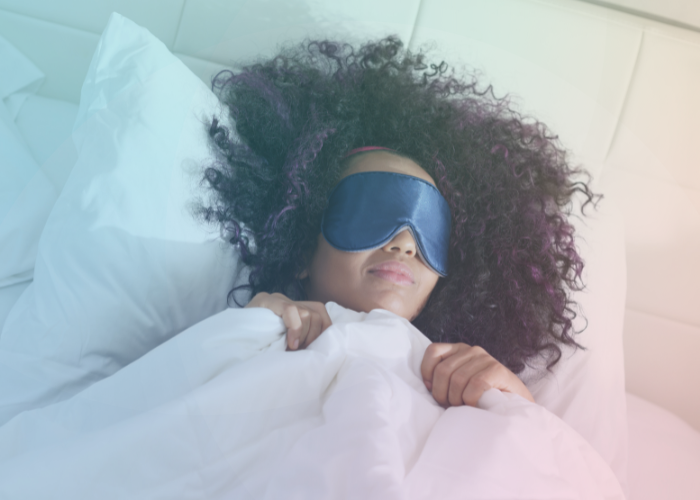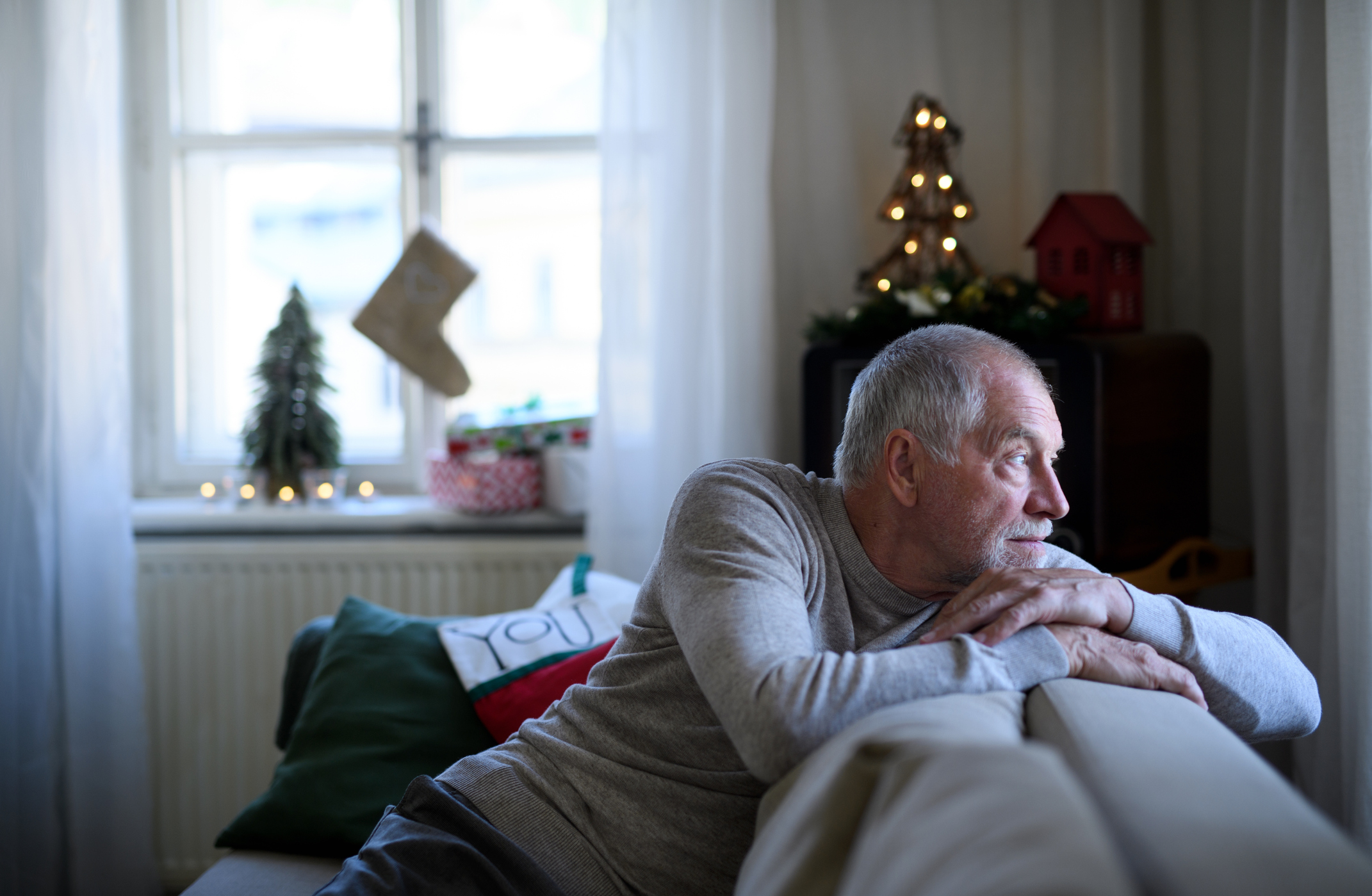
Our own in-house clinician, Marlene McDermott, shares why the main culprits for bad sleep among teens may not be the ones you think.
When Marlene McDermott, VP of Therapy and Quality Services with Array, set out to study teens’ quality of sleep, she assumed that use of electronics and personally valuing sleep would be predictors. Instead, she found that feelings of irritability at bedtime was the most impactful factor on how well high-school students rested.
“In reality, neither belief in sleep nor putting down electronics predicted sleep quality,” said McDermott. “The takeaway is: stop fighting with kids about sleep as irritability was found to be the a predictor of poor sleep quality.”
In a survey of a sample of 74 teens and using the Pittsburg Sleep Quality Index to measure sleep quality, the study aimed to determine which of several variables might predict good sleep. Variables studied were sleep hygiene (defined as removing electronic devices at least 30 minutes before sleep), irritability level prior to sleep, and belief level that sleep is important to overall well-being.
We talked to McDermott about good sleep, its relationship to mental health, and the key takeaways from her study on the topic.
What is the possible link between irritability and sleep quality?
Results of McDermott’s study showed only 17% of sleep quality could be accounted for all three variables combined, and irritability was the most impactful factor on poor quality of sleep.
This exploration of the relationship between irritability and poor sleep supports some research, but the link has not been widely studied. More research is needed, says McDermott, to understand how pre-sleep behaviors might influence outcomes.
What is quality sleep and how much do you need?
Call it a doze, rest, or snooze, quality sleep is a specific thing: uninterrupted sleep with appropriate cadences of entry into deep or REM (rapid eye movement) stages. It’s important not to wake up fully from a sleep, although a person may pass from deep to light sleep. Most people need seven to nine hours of quality shut-eye per night.
What is typically bad sleep quality?
“You can have trouble falling asleep, you can wake up and not go back to sleep, or you can wake up very early in the morning. These can affect sleep quantity and quality,” said McDermott.
How can you encourage better sleep among children and teens?
The key lesson to keep in mind for parents and guardians is that creating a calming bedtime ritual can enhance teens’ sleep quality.
Based on her research, McDermott suggests encouraging calm before bed by:
- Introducing meditations and grounding techniques before you go to sleep, like asking children or teens to imagine a happy place or how they would feel in a relaxed setting.
- Asking children to tell you what they are thinking before bed.
- For younger children, you can say positive words and create word associations (i.e., ask your child what words like ‘rainbow,’ ‘rain,’ or ‘happy’ suggest to them).
- Encourage meditation or calming movement.
Do electronics still factor in?
The other variables are not to be forgotten, and removing electronics could still be important to sleep quality. But since technology has become so integral to teens’ lives, taking away phones or other electronics can be unhelpful.
“When people remove electronics from their children or teens it can cause anxiety because of the social connection they provide,” said McDermott. “One way to deal with this in a productive way could be to share time on social media together.”
Is sleep hygiene important?
“Sleep hygiene is still critically important,” said McDermott. “Having a routine and a pattern and giving your body and brain the chance to slow down and get into the sleep mode. Setting yourself up to have good sleep. You can’t overcompensate for bad sleep. You just need consistent sleep.”
In McDermott’s study, sleep hygiene was defined as shutting off electronics before bed. It can also mean more generally having a consistent get-ready routine for bed and creating the right environment.
What other factors can affect sleep?
Some influences on sleep quality may be out of children or teens’ control, such as noisiness in your neighborhood or conflicts among family members. These considerations tend to be more linked to lower socioeconomic status, says McDermott.
What problems can lack of sleep cause among children, teens, and even adults?
“Not enough sleep can lead to concentration and behavior issues for children and teens at school. Sometimes, by improving sleep, symptoms of depression or anxiety may dissipate,” said McDermott.
How can you stop poor sleep patterns?
“There are ways to stem poor sleep pattens. You can talk to a doctor and look at a short-term medication to get some sleep. You might want to stay away from OTC meds and get professional help,” said McDermott.
It’s also important to rule out any medical concerns, such as sleep apnea or any other physical consideration that could be preventing quality sleep.
But the number one consideration may be to eliminate emotional tension before your head hits the pillow, for you and your children. Making a calm, safe space may be the most important factor to a healthy sleep schedule.
Put otherwise: If you quell the conflict before bedtime, zen moments can become zzzzz’s.



